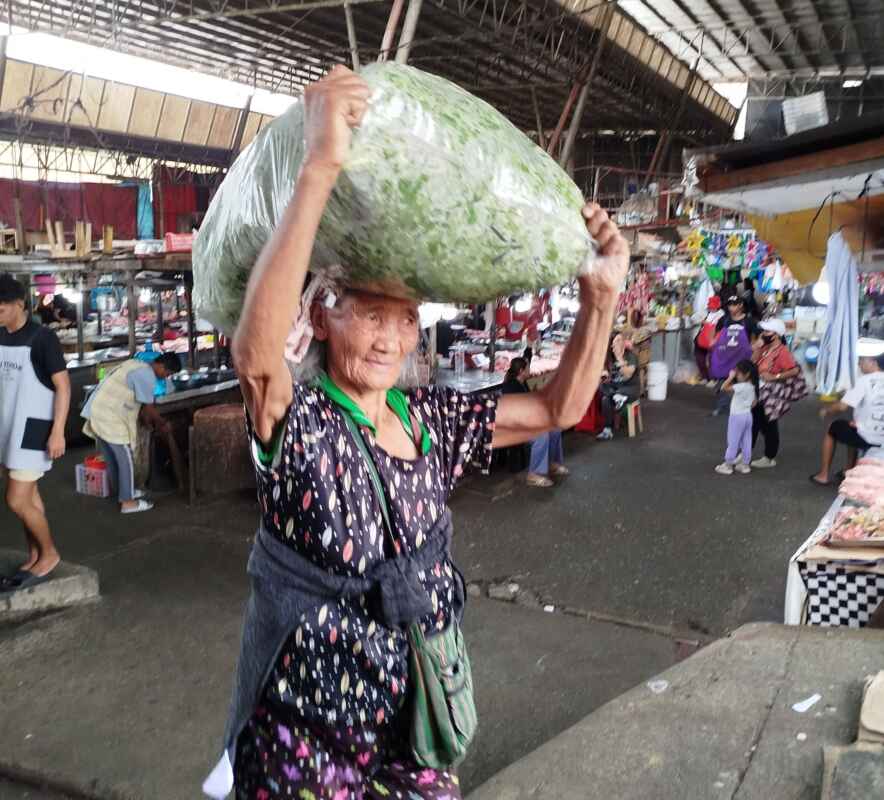BAGUIO CITY PUBLIC MARKET REDEVELOPMENT: VENDORS’ CONCERNS AND ENVIRONMENTAL PRIORITIES

BAGUIO CITY
The redevelopment of the city’s public market has sparked mixed reactions from local vendors and environmentalists. As plans progress, the city focuses on balancing sustainable design with vendor accommodation, aiming to preserve the market’s cultural integrity and ecological health. Vendors have expressed cautious optimism regarding the revised redevelopment plan. Benita Morales, a flower vendor, welcomes the assurance that the city will not displace her business. “It’s reassuring to know we can continue without disruption,” Morales said, expressing relief about the changes.
However, some vendors, like Sharmaine Salazar, remain concerned about the temporary relocation to the Slaughterhouse Compound. “I’m worried that the foot traffic there won’t support our sales as it does in the market,” Salazar explained, urging city officials to address these concerns. The city’s redevelopment plan is also focused on sustainability. The redesign includes rainwater harvesting, solar panels, and energy-efficient systems. These eco-friendly initiatives are intended to lower the market’s carbon footprint and integrate green infrastructure in Baguio’s urban development.
Environmental consultant Arvin Diaz praised the market’s redesign for incorporating green solutions. “Baguio’s future should reflect its commitment to sustainability,” Diaz noted, emphasizing that the project could set a new standard for sustainable urban development in the region and beyond. In addition to environmental features, the redesign aims to enhance public accessibility. Wider pedestrian pathways, improved waste management systems, and more green spaces are key elements. These features are designed to create a cleaner, more pedestrian-friendly market area for both vendors and visitors.
Mayor Benjamin Magalong has emphasized that the city government will retain full control over the public market. The new plans ensure that all revenue generated will benefit Baguio City, reinforcing the city’s commitment to both local economic growth and cultural preservation. Unlike earlier proposals, which raised concerns about privatization, the revised plan guarantees that existing vendors will remain in place. These changes highlight the city’s effort to address concerns raised by community members who feared loss of livelihood during redevelopment. As the project moves forward, the inclusion of environmental sustainability and vendor stability will likely shape Baguio’s future development plans. With continued input from both vendors and environmental experts, the Baguio City Public Market will evolve into a modern, sustainable, and culturally rich space for all.
By: Jhomel Keith Nuezca
BAGUIO'S WET SPELL
May 19, 2025
JUST IN
36,000 BENGUET VOTERS ASK COMELEC TO PROCLAIM YAP
June 4, 2025
PANGASINAN COLLEGE TO ACCEPT 700 NEW SCHOLARS
June 2, 2025
YAP EYEING COUNTER CHARGE AFTER 6TH AND 7TH DQ CASES
May 28, 2025





